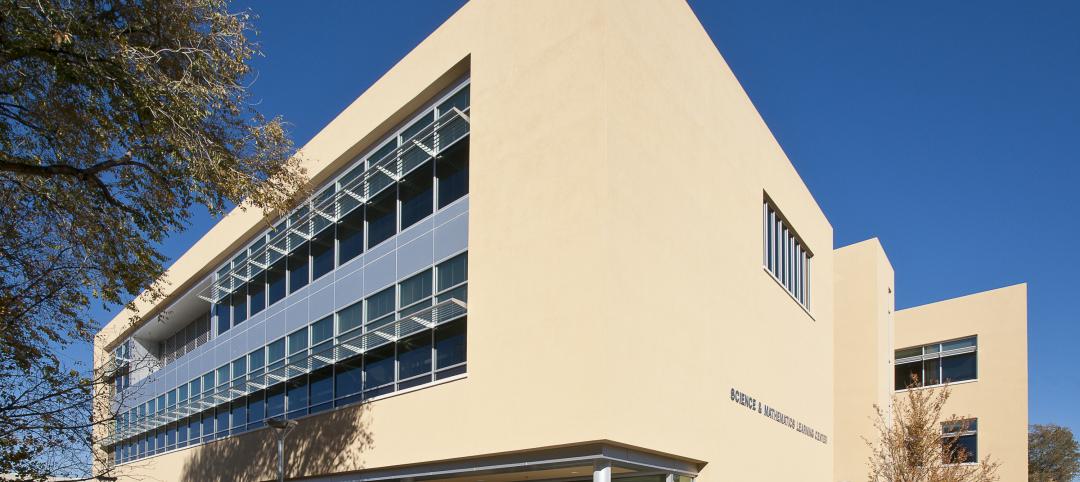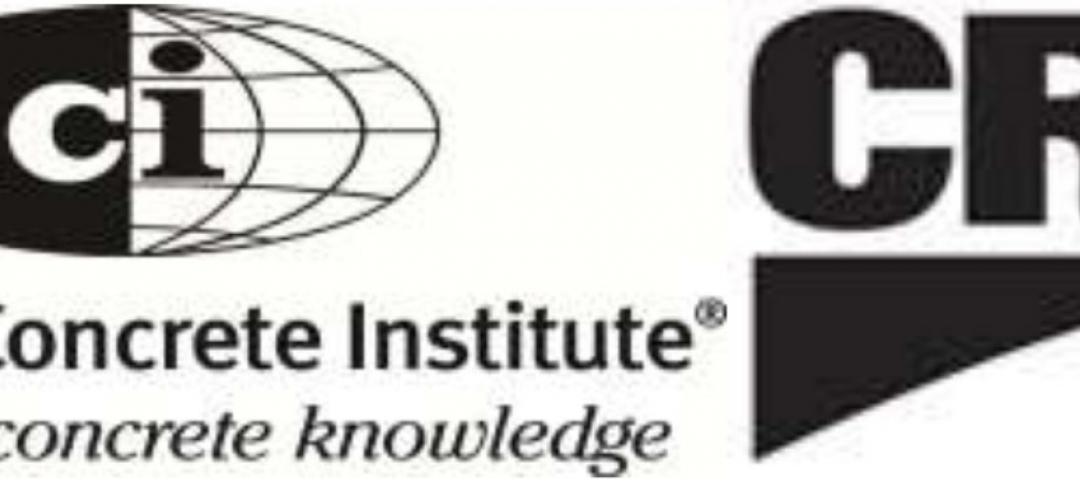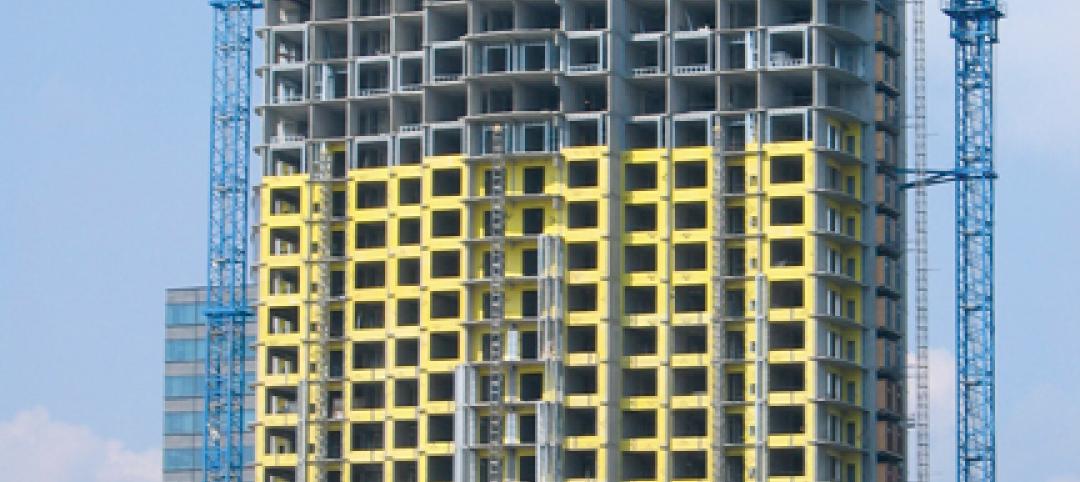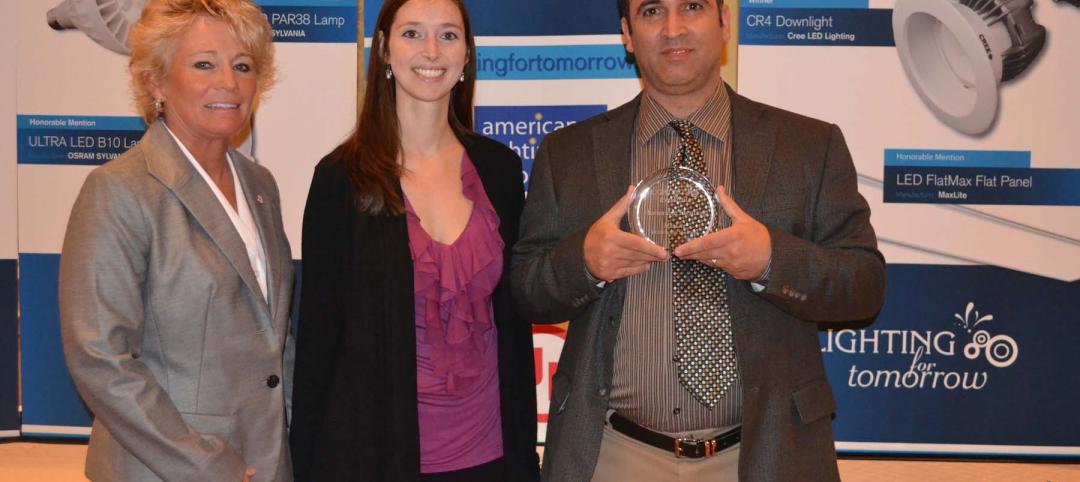Today's Census Bureau release regarding nonresidential construction spending did not just offer good news about April, it also supplied upwardly revised spending data for both February and March.
Nonresidential spending expanded 3.2% on a monthly basis in April, and spending totaled $646.7 billion on a seasonally adjusted, annualized basis, according to the government's initial estimate. Nonresidential construction is up by a solid 8.8% over the past year, consistent with ABC's forecast of high single-digit growth.
The Census Bureau also revised March's nonresidential spending figure from $611.8 billion to $626.7 billion, and February's figure from $613.1 billion to $618.4 billion. Initial estimates suggested that nonresidential construction was sagging during the early months of the year; however, the new data indicate spending has expanded during each of the previous three months.
"There is a considerable amount of financial capital available to move construction projects forward and low interest rates certainly help. While the availability of substantial financial capital may eventually produce over-built private construction markets, for now the expectation is that progress will continue." —Anirban Basu, ABC Chief Economist
"The upbeat assessment of nonresidential construction in April has been rendered more meaningful by the upward revisions for prior months," said ABC Chief Economist Anirban Basu. "The presumption had been that nonresidential spending construction data would improve as we approached the summer, and the outlook ahead remains solid.
"There is a considerable amount of financial capital available to move construction projects forward and low interest rates certainly help," added Basu. "While the availability of substantial financial capital may eventually produce over-built private construction markets, for now the expectation is that progress will continue."
All but one nonresidential construction sector experienced spending increases in April:
• Manufacturing-related construction spending expanded 2.6% in April and is up a whopping 52.9% on a yearly basis.
• Office-related construction spending expanded 3.7% in April and is up 8.8% compared to the same time one year ago.
• Construction spending in the transportation category grew 1.6% on a monthly basis and has expanded 11.6% on an annual basis.
• Lodging-related construction spending was up 5.5% on a monthly basis and 17.6% on a year-over-year basis.
• Health care-related construction spending expanded 2.1% for the month and is up 2.6% compared to the same time last year.
• Spending in the water supply category expanded 0.7% from March and is up 0.8% on an annual basis.
• Public safety-related construction spending gained 2.3% on a monthly basis, but is down 5.6% on a year-over-year basis.
• Commercial construction spending expanded 2.7% in April and is up 17.5% on a year-over-year basis.
• Religious spending gained 3.3% for the month, but is down 7.8% compared to the same time last year.
• Sewage and waste disposal-related construction spending gained 0.5% for the month and has grown 14.9% on a 12-month basis.
• Power-related construction spending grew 2.5% for the month, but is 11.3% lower than the same time one year ago.
• Highway and street-related construction spending expanded 8.5% in April and is up 4.8% compared to the same time last year.<
• Conservation and development-related construction spending grew 3.7% for the month and is up 17.2% on a yearly basis.
• Amusement and recreation-related construction spending improved 2.5% on a monthly basis and is up 23.3% from the same time last year.
• Education-related construction spending gained 3.2% for the month and is up 0.4% on a year-over-year basis.
Spending declined in only one nonresidential construction subsector in April:
• Communication-related construction spending fell 5.9% for the month and is down 5.5% for the year.
To view the previous spending report, click here.
Related Stories
| Oct 17, 2011
USGBC L.A. Chapter's Green Gala to feature Jason McLennan as keynote speaker
Chapter to presents inaugural Sustainable Innovation Awards,
| Oct 17, 2011
Schneider Electric introduces UL924 emergency lighting control devices
The emergency lighting control devices require fewer maintenance costs and testing requirements than backup batteries because they comply with the UL924 standard, reducing installation time.
| Oct 14, 2011
AISC develops new interoperability strategy to move construction industry forward
AISC is working to bring that vision to reality by developing a three-step interoperability strategy to evaluate data exchanges and integrate structural steel information into buildingSMART's Industry Foundation Classes.
| Oct 14, 2011
University of New Mexico Science & Math Learning Center attains LEED for Schools Gold
Van H. Gilbert architects enhances sustainability credentials.
| Oct 14, 2011
BD+C Survey on Building Information Modeling: The Good, the Bad, and the Solutions
In a recent survey conducted by Building Design+Construction, more than 75% of respondents indicated they currently use BIM or plan to use it. Respondents were also asked to comment on their experiences with BIM, what they liked and disliked about BIM, and what BIM-related advice they would give to their peers.
| Oct 14, 2011
ACI partners with CRSI to launch new adhesive anchor certification program
Adhesive anchor installer certification required in new ACI 318-11.
| Oct 14, 2011
Midwest construction firms merge as Black and Dew
Merger is aimed at increasing market sector capabilities and building on communication and core contracting competencies.
| Oct 14, 2011
AIA Continuing Education: optimizing moisture protection and air barrier systems
Earn 1.0 AIA/CES learning units by studying this article and passing the online exam.
| Oct 14, 2011
MaxLite receives 2011 Lighting for Tomorrow honorable mention
The judging panel was particularly impressed with the performance of this fixture.
| Oct 12, 2011
Vertical Transportation Systems Reach New Heights
Elevators and escalators have been re-engineered to help building owners reduce energy consumption and move people more efficiently.
















